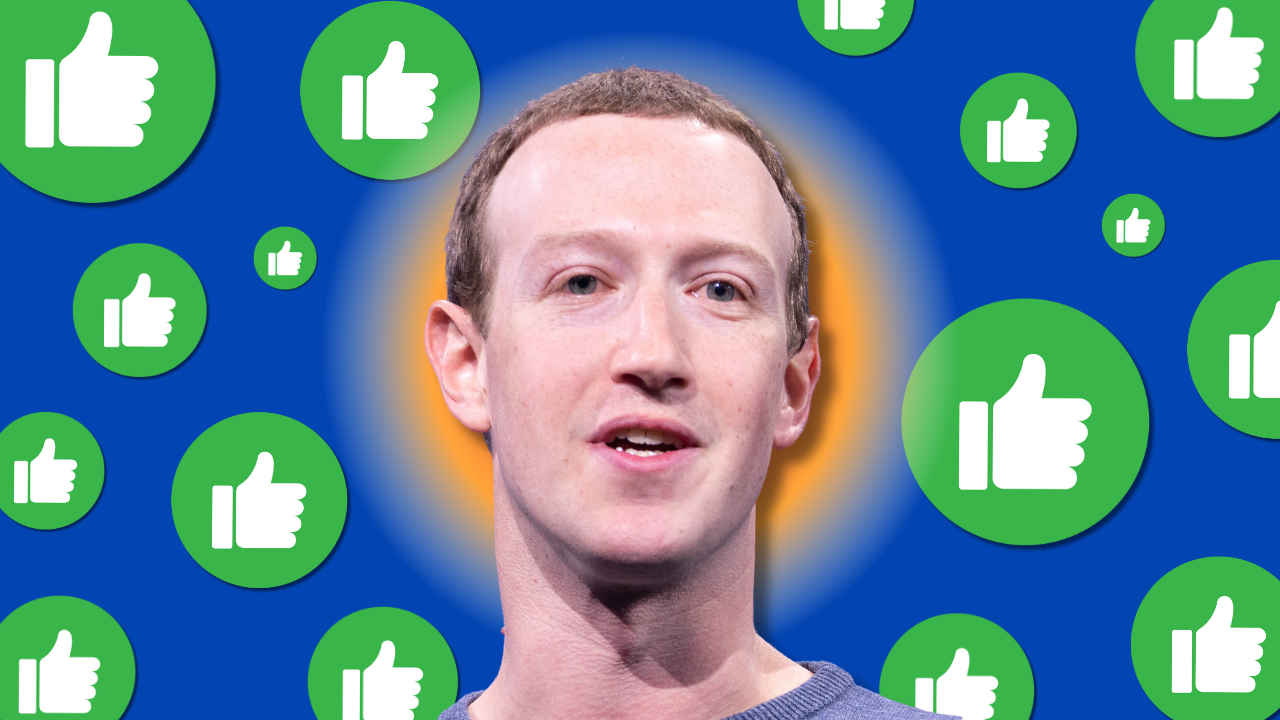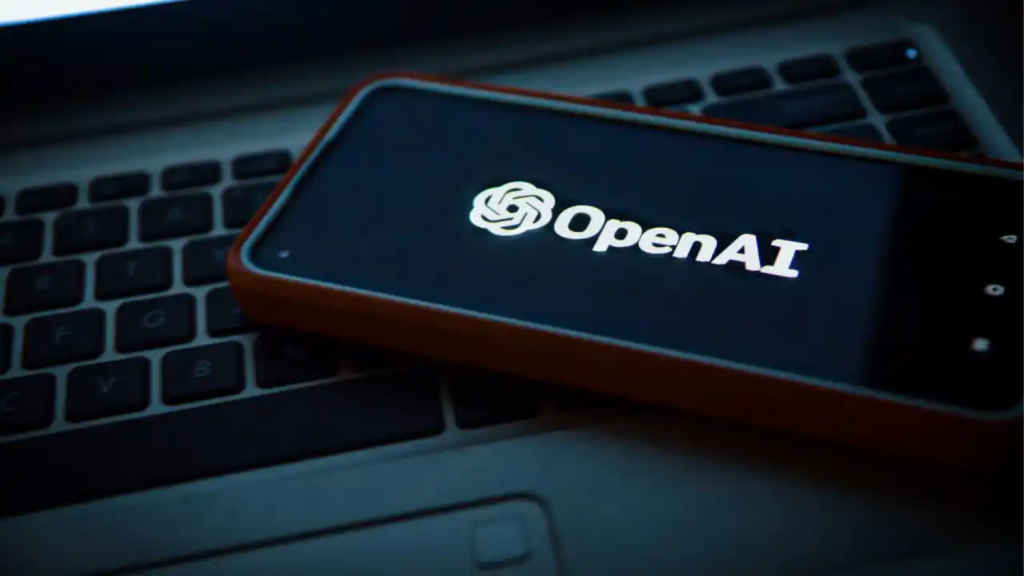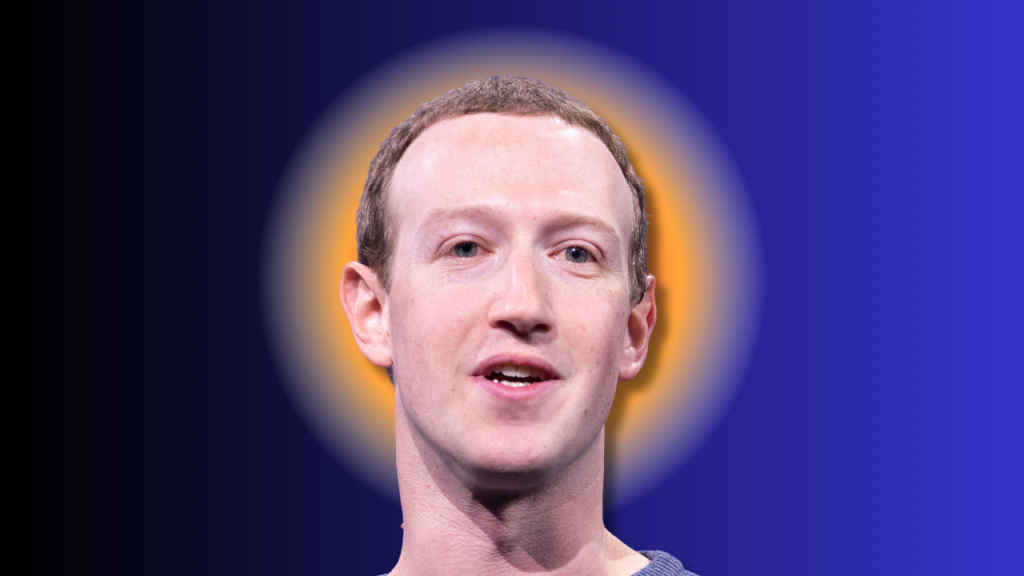Meta AI manifesto: The AI-assisted resurrection of Mark Zuckerberg

We’ve all lived through Facebook’s Cambridge Analytica data scandals, seen all the funny memes of their CEO testifying in front of the US Congress, likening him to a humanoid bot devoid of all emotions. Despite suffering huge body blows, Mark Zuckerberg and Meta are still standing strong, aiming to pivot beyond just running the world’s largest social media platforms. With the release of an AI manifesto last week, Mark Zuckerberg is betting big on open-source technologies to decide the future course of AI development.
 Survey
SurveyThe proof of this came in the launch of Meta’s Llama 3.1 405B – the latest version update to their Llama series of large language models (LLMs) – which dropped on July 23. While it may be just a minor update to the Llama 3 LLM introduced just three months ago, Llama 3.1 made history by becoming the world’s largest open-source LLM till date with 405 billion parameters, overtaking NVIDIA’s Nemotron-4-340B-Instruct which has 340 billion parameters in comparison.

Mark Zuckerberg used the release of Llama 3.1 as an opportunity to share his two cents about AI – his vision for the future of AI – in the form of an open letter called ‘Open Source AI Is The Path Forward’. If you read the detailed manifesto outlined for Meta’s future in artificial intelligence, central to this vision is Mark Zuckerberg’s belief in open-source AI as the driving force for future innovation and equitable access of AI for all human beings – Zuckerberg strongly outlines in his letter that democratising AI is key for a better future for all, ensuring AI remains a tool for everyone, not just a select few. The Meta CEO also emphasises the need for responsible AI development, prioritising safety and societal benefits – above even company and shareholder profits, one wonders?
Also read: LLM to RAG: Decoding AI jargon matters, here’s why
Mark Zuckerberg’s clearly shifting gears here or even tracks, jumping from one (social media) train to another (AI) bandwagon. Clearly open-sourcing its AI technology (foundational models, LLMs and beyond) is part of Meta’s aim to foster competition and accelerate the development in the overall AI-led industry, and Mark Zuckerberg’s plan is to do that by positioning himself and his company as a leader in the open-source AI movement.
All of this begs two important and immediate questions: After pumping billions into their AI product development, that began as Facebook Artificial Intelligence Research (FAIR) over a decade ago, why is Mark Zuckerberg offering and open-sourcing Meta AI’s crown jewels for ‘free’? How will Meta AI and Mark Zuckerberg make money, grow company value and keep shareholders happy?

Meta’s decision to freely share its advanced Llama 3.1 (and Llama 3.0 earlier) language model stands in stark contrast to the subscription-based approach adopted by competitors like Google Gemini and OpenAI’s ChatGPT. Imagine subscribers paying US $20 for OpenAI’s ChatGPT or Anthropic’s Claude AI chatbots, and along comes Meta with its Llama 3.1 LLM which essentially gives anyone the capability to run their own version of ChatGPT, Claude or Gemini AI chatbots for free – with comparative or even better performance in terms of quality and efficiency. A shrewd move to slow down the competitive AI landscape and break the dominance of closed source foundational AI model based products and services, allowing Meta time to catch up and work on derivative products of their own open-sourced AI tech.
According to Mark Zuckerberg’s AI manifesto, Meta’s strategy is clearly to accelerate its own AI progress by opening the technology to a broader community of developers, that’s the logic behind the open-source route. By doing so, Meta hopes to rapidly enhance its core systems – not just in the AI realm, but also its social media platforms – and outpace competitors in the long run. While the immediate financial implications to the company might not make sense, Mark Zuckerberg envisions a long-term strategy where owning a leading LLM can serve as a foundation for future revenue-generating products and services.
Meta’s charting its AI future in a stark contrast to other giants like Microsoft, Google, OpenAI. Does this move position Meta – and by extension Mark Zuckerberg – as a pioneer in the open-source AI landscape, potentially shaping the future of the industry? Given the insanely rapid rate of progress of AI products launching, tweaking, upgrading, and constantly improving their offerings, the only safe prediction about the future of AI is to not make any predictions, as one technology expert recently told me in a separate interview.

However, what’s been truly revealing for me through this Meta AI manifesto is Mark Zuckerberg’s concern for AI’s ability to cause unintentional harm, “ranging from what influence AI systems will have on the billions of people who will use them to most of the truly catastrophic science fiction scenarios for humanity,” he writes. On this front, he argues, “open source should be significantly safer since the systems are more transparent and can be widely scrutinised. Historically, open source software has been more secure for this reason,” suggests Zuckerberg.
From the days of harvesting user data without consent, amplifying fake news, and facing global antitrust investigations, Zuckerberg’s Meta has seen it all. Mark Zuckerberg, himself the quintessential Silicon Valley capitalist, who once embodied the very essence of profit-driven big tech, seems to have had an epiphany in the face of AI. He’s willing to put aside short-term profits for long-term gains, embracing transparency and collaboration. What a journey it’s been for Zuckerberg! Will this newfound benevolence lead to success? Only time will tell, but one can’t help but marvel at this remarkable transformation.
Also read: How RAG boosts LLM accuracy and reduces AI hallucination
Jayesh Shinde
Executive Editor at Digit. Technology journalist since Jan 2008, with stints at Indiatimes.com and PCWorld.in. Enthusiastic dad, reluctant traveler, weekend gamer, LOTR nerd, pseudo bon vivant. View Full Profile